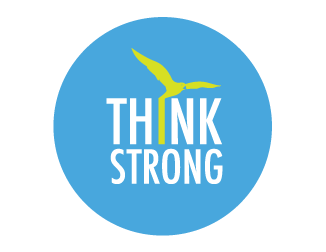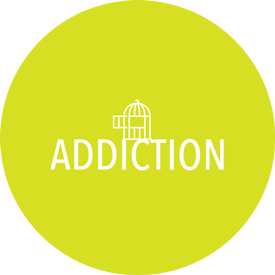Approaches
Trauma can result in depression and anxiety as well as a loss of confidence and low self-esteem. We can begin to question who you are as a person and indeed what is the purpose of life. We may even think about ending our lives. The physical side of us can be put back together but the mental aspects of “feeling broken” are often ignored. Recovery has many facets from personal loss of control to management of medication and that general feeling of helplessness. These can be all actively managed and with a refocusing on your direction in life.
Addiction can be defined as "not having control over doing, taking or using something to the point where it could be harmful to you". Most commonly associated with gambling, drugs (including prescribed), alcohol and nicotine, but it's possible to be addicted to just about anything, including that which can be purchased, viewed or interacted with online. As our lives are more and more reliant on electronic portals we find ourselves “addicted” to the pleasures and escapes on offer until we believe we cannot live without them.
People can interpret events in many different ways leading to a variety of emotional and behavioural responses. CBT examines current unhelpful thought patterns, exploring how they can affect your emotions and actions in the here and now. This helps you to change how you think, focusing on ways to improve your psychological wellbeing. Negative thoughts and beliefs play a significant role in the development and maintenance of conditions such as depression, anxiety or low self-esteem.
Psychodynamic counselling provides a broad range of therapeutic approaches helping you to understand the cause of your problems and issues. With a strong emphasis on the trust between a client and counsellor, psychodynamic therapy provides the tools required to make progress with issues that may have roots deeply buried in the past. It also helps equip you with knowledge and suggestions to enable you to cope with further difficulties.




